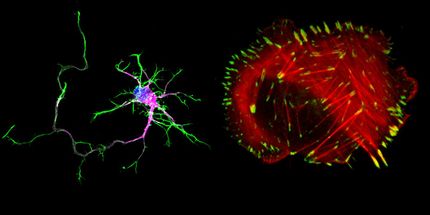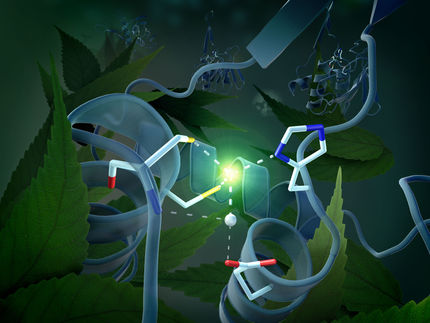France Biotech presents the results of its "Life Science Panorama 2010" survey
Advertisement
France Biotech presented the results of its "Life Science Panorama 2010" survey at BioVision in Lyons. The survey describes the main trends for 2009/2010 in the life science industry in France and internationally. Over 263 companies responded to the survey this year and 211 were included in the analysis.
France Biotech Chairman André Choulika commented on these results by saying that "The study shows that the life science industry in France has never been as lively - partly as a result of support from the French government. The first-rate development projects being pursued by French companies mean that the sector's future is promising. Nevertheless, France Biotech has warned the government about the negative impact of some of the reforms set out in the 2011 Budget Bill - in particular, the progressive eradication of the Young Innovative Company (YIC) fiscal status. This move will threaten the survival of many of our companies! France Biotech will continue to lobby the government to backtrack on these recent legislative changes".
The main trend in France for 2010
The results of the Panorama survey attest to the arrival of the "second generation" of biotech companies. Even though a high proportion of companies (48%) work in the field of human or animal health, new companies are emerging in the medtech, environmental and renewable energy sectors.
The French government is encouraging the creation of these kinds of business through its "biotech and bioresources" call for projects under France's National Bond Scheme ("Grand Emprunt").
Most of the life science companies are located in one of three French regions: the Paris Ile de France region (33%), the Rhône-Alpes region (16.6%) and the Provence-Alpes-Côte d’Azur (PACA) region (10.5%). The mean number of staff on the payroll is 25, versus 19 in 2009.
The study shows that the industry has weathered the global financial crisis well. A third of all companies were incorporated at least 10 years ago (e.g. Vivalis, Integragen and Novagali Pharma), versus 18% last year. The proportion of businesses incorporated has fallen (15% of less than 3 years in 2011, versus 20% in 2009).
The French life science companies' product pipelines are encouraging, when faced with the weight of the pharmaceutical industry. Oncology and infectious disease are the most favoured therapeutic and diagnostic fields. R&D work is concentrated on the development of products for human healthcare. Two thirds of the companies stated that they have at least one therapeutic product in development or on market.
Although mergers and acquisitions are generally the preserve of multinationals, the French listed companies Cellectis, Vivalis and Iris Pharma made two acquisitions in 2010. The Panorama data suggest that other acquisitions are on the way. An attractive tie-up between Actelion and Trophos was signed in July 2010; the latter company has also attracted significant international interest in its "Olesoxime" drug candidate, currently in Phase III clinical trials. Vivalis was again the most active French company in terms of corporate alliances with the pharma industry.
2010 saw 12 companies go out of business and it was clear that some corporate alliances probably took place as a result of financial problems. Even though 2010 was a remarkable year in terms of fundraising, it should be noted that 33% of all companies encountered financial difficulties: 20% had cash flow problems, 27% needed to raise funds, 7% made staff redundant in 2010, 5% will have to make staff redundant in 2011 and 4% are going to file for protection from creditors.























































